When I was a young teacher, my district went on strike. I panicked. I couldn't afford NOT to go to work. I couldn't afford to lose the day's pay or my untenured position. And I certainly couldn't afford for my students to be at the mercy of a no-lesson-plan substitute for an undisclosed number of days.
I didn't believe in strikes. I didn't believe in blatantly public resolutions to problems. I didn't believe in going hungry.
I was afraid to cross that picket line.
I'm in the middle of Anna Campbell's Claiming the Courtesan. I haven't read any reviews, but I've heard the novel evokes strong and diverse emotions among readers. Honestly, although I purchased the book to support my friend's debut novel, I wound up enamored of an exquisite new writer.
But, I wonder where all the controversy about Anna's book comes from? Do readers have immutable expectations from their writers or genres? Are there really lines we cannot cross? And damn, doesn't that sound a lot like category writing, which has been accused of being notoriously inflexible?
Or like censorship?
Or something?
As an English teacher of high school students, I always felt that I held an almost sacred obligation not to expose adolescents to works of a controversial nature that might violate their personal or family standards.
But aren't controversial works the very ones we learn and grow from?
One year at Parents Night, a mean-mouthed and sedately plain mother cornered me at my podium. I'd arranged the core works on the student desks and talked about the pieces that I teach sophomores: The Catcher in the Rye, The Merchant of Venice, All Quiet on the Western Front, and To Kill a Mockingbird. Guess which one she jabbed at with an accusatory finger, saying, "Now that you're the Department Chair, maybe we'll get rid of that one"?
She assumed because I was fairly religious, that I'd eschew Catcher for the use of that little "eff" word and the scenes with the young prostitute Sunny. She was completely unable to see beyond the facade of the book to the core morality of Holden Caufield.
Sad, sorry little woman!
I hadn't the temerity to tell her that I didn't believe in censorship of any kind. I only believed in guiding young minds to the finest works that I know of.
Funny, in all my decades of teaching, no one ever decried Shakespeare, even with teenage suicide, even with the beast with two backs, even with the old black ram tupping the white ewe in Othello, and with Macbeth's slaughter of Macduff's entire household.
I guess if you've been dead nearly five hundred years no one dares call you on the censorship carpet. No one says, "Hey there! You! Don't you dare cross that line!"
A final example: When Ryan's Daughter hit the cinema sometime during the 1970's, I literally begged my husband to take me to see this amazing tale of betrayal and love. Being a man, he fought me every inch of the way. Being a woman, I prevailed.
It was a very, very long movie.
A large man who overflowed his seat -- in so many ways -- sat to my right. My husband had the aisle seat. During the intermission, we left. The "R" rated movie was too graphic for us.
I would never walk out of that movie today.
Have I become more decadent, more accepting of looser values? Less centered in my moral parameters? No longer, like Donne's metaphor, the fixed foot of the drawing compass?
I like to think that decades of reading the most powerful literature the world has to offer has made me more open to life's complexities.
So I wonder, as writers, what lines will you cross? Or not cross? Do you draw invisible, immovable lines in the sand? What about as readers? Does that line change as you change? Why? Why not?
Tuesday, April 10, 2007
Subscribe to:
Post Comments (Atom)

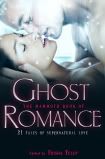
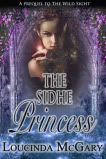
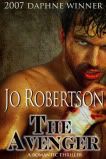
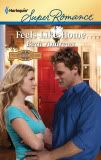
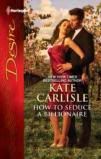

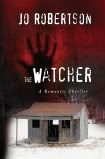



















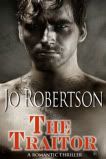




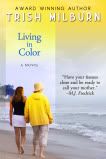
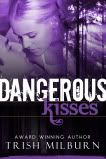









































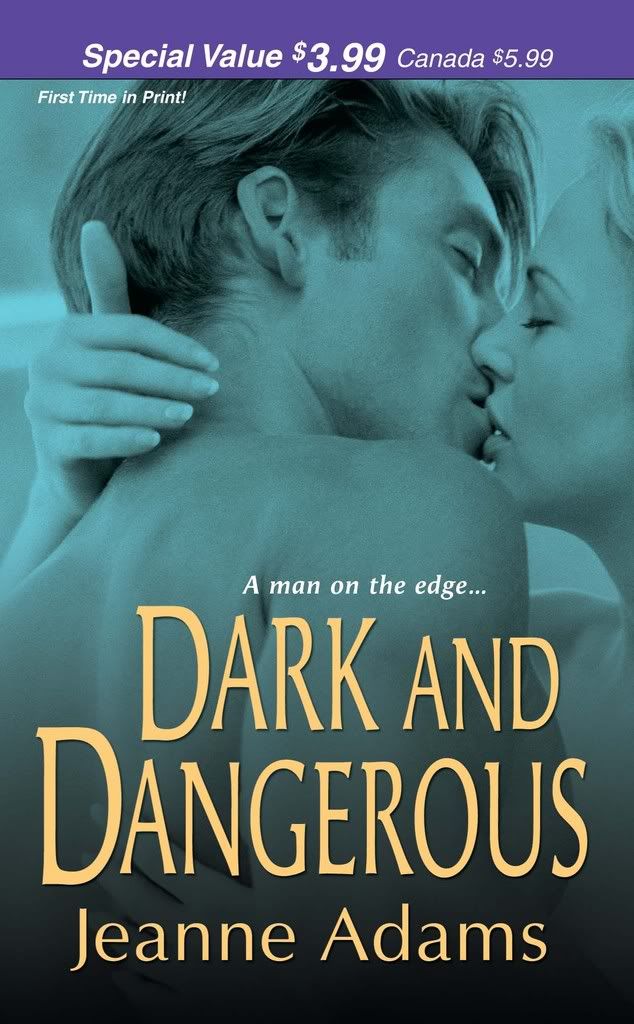



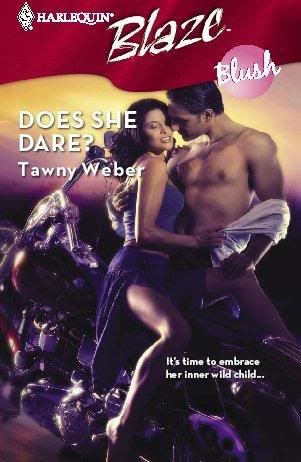





6 comments:
Wow, Jo, that's a big question. As a writer, I have been surprised at what I have chosen to write. I have tormented my characters in all sorts of horrible ways. I often encourage my writer friends to torment their characters more and deeper. But my torment of choice is emotional. I can drag them through all sorts of turmoil and back. I cry right along with them! I have a harder time with physical torment. I will cross the line of the physical, but it's hard for me. I haven't been able, yet, to torment children or animals. I won't say I never will, but I haven't yet. I also have a hard time reading about the torment of children or animals. I won't say I will never cross those lines, but those is, at present, lines I don't care to cross.
Jo, I've printed out your post and stuck it on my noticeboard. Thank you!!!
GREAT POST, Jo!
And very thought provoking!
I remember reading "Catcher..." when I was around 15, in the car on the family summer vacation drive to Texas. Bless my mother's heart, she NEVER told me I couldn't read any particular book. She was a great reader herself and I think she figured the written word really wouldn't hurt me!
As for the lines I won't cross as a writer, I'm with Caren -- NO HURTING CHILDREN OR ANIMALS! But I DO physically and emotionally torment my characters. MUAHAHAHA! (evil laugh) As long as the story line calls for it, that is. Emotional and especially physical cruelty just to titilate the reader? Not so much. Seems like a cheap shot at sensationalism to me, like all the gratuitous violence in some movies. Usually, that doesn't work for me, though SOMETIMES (like in the first "Matrix" or "Pulp Fiction") it does.
hmmmmm, this warrents further consideration,
Aunty C
A thought-provoking post, Jo.
Strikes are an interesting thing. Coming from a country where we've had to deal with them in one way or another for years I'm in the same two minds you are. It's especially hard as a teacher or one of the other professions that looks after people or safety.
That said, I remember being hit and kicked my a pupil at the school where I taught. The headteacher didn't support me (he was afraid the punishment would do more damage than good and make me a target for this boy); the boy wasn't expelled or suspended, but given two playtime detentions!
My teachers' union, on the other hand, were prepared to support me all the way to court if necessary. I didn't take them up on it in the end, for a variety of reasons, but the fact that they were there for me made me look at supporting them in a whole new light.
I'm with the others on torturing animals and children. And taking a different tack, while I have great respect for those who can write erotica, I'm afraid I can't write the graphic stuff using graphic language! ;)
Ditto on the children and animals.
I think that lines are delinated by the story. I've been told that my opening crucifixtion scene in THE PATRICIAN'S FORTUNE is too graphic for a "romance novel".
But I need it to show the desperation of my hero. A symbol of his utter condemnation in Roman society. Such a violent event was every day to the average Roman. (If anyone watched HBO's ROME that was minor compared to some stuff).
I too am not a fan of erotica JUST for the sake of the physicality of it. To matter to me, it has to enhance the story. There has to BE a story within the context of the graphic sexuality. So if I ever have a story that calls for that, I will probably cross that line.
Just some thoughts
Joan
Funny thing happened when I was a young nurse. A nurse's union took over the hospital where I worked, then proceeded to have a "white flu" strike. Now being the good daughter of a union pipefitter, I did not cross that line.
It tore at my heart, because I knew that there were people suffering on the other side inside the hospital. But I also knew that working conditions, which were deplorable, and salaries, which were worse, would never improve unless we let the union do what it was supposed to do--make things better for the nurses.
The "white flu" lasted all of a week. The hospital caved, gave the nurses more money, (and I don't mind telling you we, the people who had other's lives in our hands, were making all of $7/hr), hired more nurses, improved working hours and forced overtime. All this resulted in better care for the patients. It also increased the salaries of nurses in all the surrounding hospitals.
So are there lines I won't cross? If the lines are for the good of the story, yes. If crossing those lines takes my characters and the reader deeper into the story will I cross them? Yes.
Will I write erotica, depends on if I have a story that needs that kind of graphic sex to make it work. At this point in time, no. But I have read one that is so powerful and the sex is an integral part of the stroy. Oy vey! RAINA'S FANTASY, which is by a new author, Jo Carlisle, coming out from EC this summer. Warning, it isn't for the faint of heart.
Post a Comment